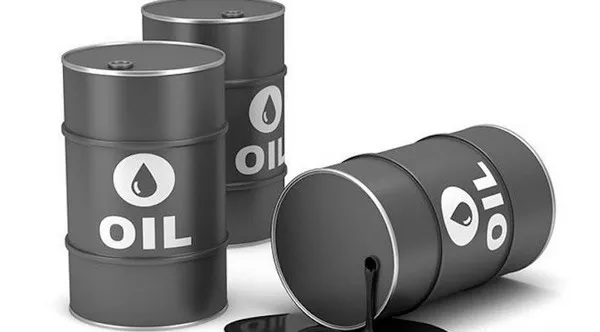Oil futures contracts are essential financial instruments used by participants in the global energy market to manage risk, speculate on price movements, and facilitate price discovery. As derivatives, oil futures contracts derive their value from an underlying asset, in this case, crude oil, and enable investors to gain exposure to oil prices without owning physical barrels of oil. In this article, we will delve into the characteristics of oil futures contracts, examine their role as derivatives, and discuss their importance in the energy sector.
Introduction to Oil Futures Contracts
Oil futures contracts are standardized agreements traded on regulated exchanges that obligate the buyer to purchase and the seller to deliver a specified quantity of crude oil at a predetermined price on a future date. These contracts serve as a means of hedging against price fluctuations and managing risk for participants in the oil market, including producers, consumers, and investors. Oil futures contracts are traded on exchanges such as the New York Mercantile Exchange (NYMEX), the Intercontinental Exchange (ICE), and the Dubai Mercantile Exchange (DME), among others.
Characteristics of Oil Futures Contracts
Oil futures contracts possess several key characteristics that make them unique financial instruments:
Standardization: Oil futures contracts are standardized agreements with fixed contract specifications, including the quantity and quality of oil, the delivery location, and the delivery date. Standardization ensures uniformity and facilitates trading and clearing on regulated exchanges.
Leverage: Oil futures contracts offer leverage, allowing investors to control a larger position with a relatively small amount of capital. Leverage magnifies both potential profits and losses, increasing the risk and volatility of futures trading.
Margin Requirements: Margin requirements are the amount of capital that investors must deposit with their brokerage firms to initiate and maintain positions in oil futures contracts. Margin requirements serve as collateral and help mitigate counterparty risk, ensuring the financial integrity of the futures market.
Settlement Methods: Oil futures contracts can be settled through physical delivery or cash settlement, depending on the preferences of the parties involved. Physical delivery involves the transfer of crude oil from the seller to the buyer at a predetermined delivery location, while cash settlement involves the payment of cash based on the final settlement price of the contract.
Oil Futures as Derivatives
Oil futures contracts are considered derivatives, financial instruments whose value is derived from an underlying asset or reference rate. In the case of oil futures contracts, the underlying asset is crude oil, and the value of the futures contract is based on the price of crude oil at the time of settlement. As derivatives, oil futures contracts enable investors to gain exposure to oil prices without owning physical barrels of oil, providing liquidity, transparency, and risk management capabilities.
Importance of Oil Futures Contracts
Oil futures contracts play a crucial role in the energy market by facilitating price discovery, risk management, and liquidity for participants. Producers use oil futures contracts to hedge against adverse price movements and lock in prices for future production, ensuring stable revenues and cash flow. Consumers, such as airlines, transportation companies, and manufacturers, use oil futures contracts to hedge against price fluctuations and manage their exposure to oil price risk.
In addition to hedging, oil futures contracts offer speculative opportunities for investors seeking to profit from short-term price movements in the oil market. Speculators buy and sell oil futures contracts based on their expectations of future price movements, leveraging their market insights and trading strategies to capitalize on price trends. Oil futures trading can be highly profitable but also involves significant risks, including leverage, volatility, and liquidity constraints.
Regulation of Oil Futures Markets
Oil futures markets are subject to regulation by government agencies and self-regulatory organizations to ensure fair and orderly trading and protect the interests of market participants. Regulatory oversight helps maintain market integrity, prevent market manipulation, and safeguard the stability of the financial system. Regulators such as the Commodity Futures Trading Commission (CFTC) in the United States and the Financial Conduct Authority (FCA) in the United Kingdom oversee the operation of futures exchanges, monitor trading activity, and enforce rules and regulations to promote transparency and investor protection.
Conclusion
In conclusion, oil futures contracts are essential derivatives used by participants in the global energy market to manage risk, speculate on price movements, and facilitate price discovery. As derivatives, oil futures contracts derive their value from an underlying asset, in this case, crude oil, and enable investors to gain exposure to oil prices without owning physical barrels of oil. By understanding the characteristics and dynamics of oil futures contracts, investors can make informed decisions and effectively manage risk in their investment portfolios.

